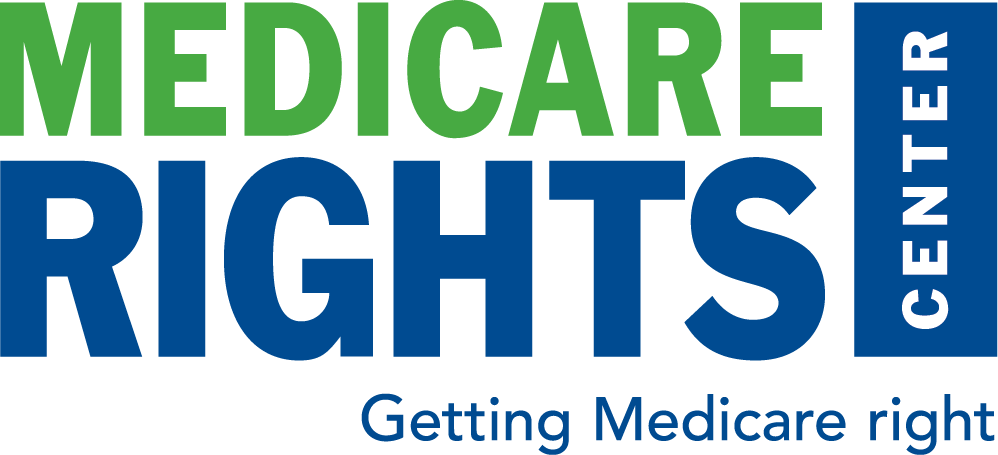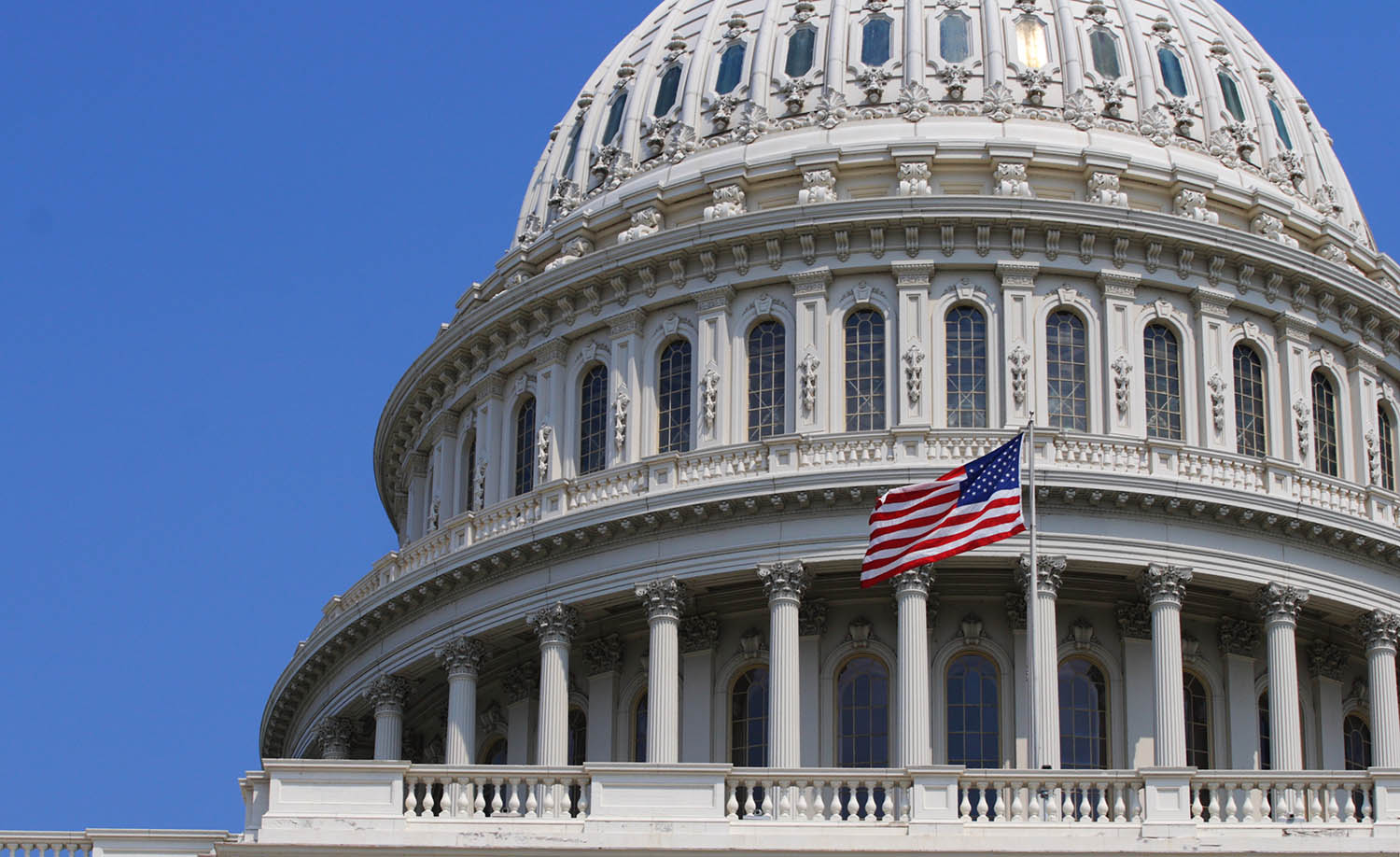
This week, several health care programs appeared in legislation that does not normally address health care. Two of the surprise provisions are embedded in draft Farm Bill legislation and in cuts, or rescissions, requested by the White House. While these measures may gain traction in the U.S. House of Representatives, they face a more uncertain future in the Senate.
The Farm Bill is a large spending and policy package that must be renewed every five years or so. The majority of the bill’s spending is on nutrition and food assistance programs like SNAP (previously known as “food stamps”). The bill also covers subsidies for farmers and other agricultural programs. In the current reauthorization, some lawmakers are seeking to expand the bill’s scope. Tucked inside the House version of the bill is a little-noticed provision that, similar to recently proposed rules, seeks to expand access to health plans that are not compliant with the Affordable Care Act (ACA).
Specifically, the House’s draft Farm Bill would provide $65 million in federal loans and grants for associations of ranchers, farmers, or other agribusiness owners to establish “association” type health plans through which they could offer their members health coverage. As Medicare Rights has highlighted in the past, Association Health Plans (AHPs) are formed by groups of businesses and self-employed individuals that pool together to buy health insurance plans that are exempt from many of the ACA’s insurance protections. Without these protections, AHPs can exclude crucial health care coverage, like for cancer treatment, leading enrollees to find they have no coverage if they get a life-altering diagnosis.
These plans are likely to lead to higher premiums in the individual and small-group markets as people who feel they do not need comprehensive coverage switch to plans that appear to be a better bargain. But this means higher premiums for those who cannot afford to take these risks.
With this Farm Bill proposal, AHPs will not only be permitted to exist but would have direct federal funding and support. In combination with new, harsh work rules, that severely limit the availability of nutrition services for people who are approaching Medicare eligibility, the proposed Farm Bill puts the well-being of millions at risk.
In addition to the unusual health care component of the Farm Bill, Congress is contemplating taking back money that has already been allocated to a variety of programs, including the Children’s Health Insurance Program (CHIP). The potential CHIP cuts are one of several rescission requests the White House transmitted to Congress earlier this week.
In late 2017 and early this year, lawmakers from both parties worked together to extend funding for CHIP for 10 years. This compromise was hard fought, with many starts and stops along the way. Now, the Administration has decided that Congress should rescind nearly $7 billion of the program’s contingency funding, leading to a potential conflict between what the parties agreed to and what the White House wants.
The White House delivered its $15 billion rescissions package to Congress on Tuesday. Lawmakers have 45 days to act before the request expires. Largely seen as an effort to appease fiscal conservatives who balked at the recent budget deal and the FY18 omnibus, the rescissions package is not currently expected to take effect, but it does likely foreshadow future claw back requests from the Administration.
These proposed legislative actions show that health care policy can crop up in unexpected times and places. As always, Medicare Rights will stay alert for changes that affect how people with Medicare, and people approaching Medicare eligibility, gain access to high-quality, affordable health care.
The Latest
Most Read
Add Medicare to Your Inbox
Sign up to receive Medicare news, policy developments, and other useful updates from the Medicare Rights.









